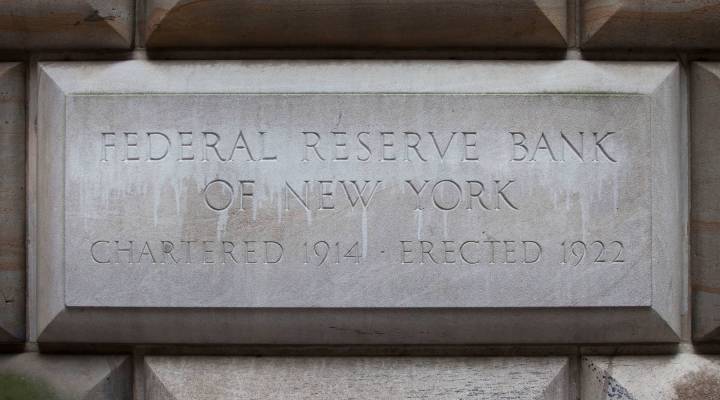
The way credit scores are calculated is changing
Share Now on:
The way credit scores are calculated is changing

A report from the New York Federal Reserve this week finds that the big reporting agencies — Equifax, Experian, and TransUnion — have started excluding certain items that used to be considered negative dings on our credit. The New York Fed used anonymous data from Equifax, and zeroed in on what are called collections accounts — these are tied to people with various debts that get passed on to a collections agency.
These debts can be things like missed credit card payments or mortgage defaults. But these accounts have also included items some argue are unfair or prone to error: unpaid traffic tickets, missed gym membership fees, even overdue library books.
In 2015, the big three credit reporting firms settled with 31 state attorneys general to clean up the process behind reporting missed payments by the second half of 2017. Here are some highlights from the settlement which took effect in July 2017. Among the changes: credit reports can only include a debt if there’s been an actual contract or an agreement to pay, which would exclude traffic tickets. Medical debts that are less than 180 days old can’t be reported, either.
Overall, the New York Fed report demonstrates that after the change, the number of people with at least one account in collections dropped by about 25 percent.
Among the report’s findings:
- Credit scores went up by about 11 points on average.
- People with lower credit scores saw much bigger increases after the 2017 change – 18 percent of people saw credit scores increase by more than 30 points. In some instances, that increase was enough to make the difference between qualifying for a loan and getting turned down.
- After the second half of 2017, 8 million people had collections accounts completely removed from their credit reports.
- Overall, the study found an $11 billion reduction in total collection account balances.
There’s a lot happening in the world. Through it all, Marketplace is here for you.
You rely on Marketplace to break down the world’s events and tell you how it affects you in a fact-based, approachable way. We rely on your financial support to keep making that possible.
Your donation today powers the independent journalism that you rely on. For just $5/month, you can help sustain Marketplace so we can keep reporting on the things that matter to you.


















